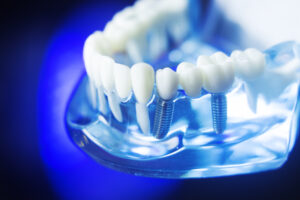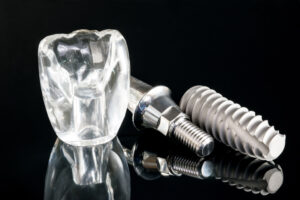Many of our patients are interested in learning more about mini dental implants, or MDIs. They’ve heard that mini dental implants are faster, less invasive, and don’t require bone grafting, and they wonder why they should bother with traditional implants when MDIs sound so promising! The reason we don’t give everyone mini dental implants is because they’re not the right fit for every patient. Here’s what you need to know.
What Are Mini Dental Implants?
Mini dental implants are similar to traditional dental implants in that they are surgically inserted into the jawbone to support a restoration, but they are half the diameter of a traditional implant fixture. Another difference between the two is that traditional implant-supported restorations have three parts (the implant, the restoration that replaces your missing tooth, and an abutment to connect the two), whereas MDIs don’t have an abutment and the restoration is attached directly via a ball-and-socket system.
MDIs are less expensive than standard dental implants, and the process takes less time and is usually easier on patients. Mini dental implants are implanted with only local anesthetic during a single office visit. The procedure to implant the posts takes around two hours; no sutures are required for healing, and your restorations are immediately attached to your implants, eliminating the need for a temporary restoration.
What Are the Benefits of Mini Dental Implants?
Mini dental implants are a great option for many patients. Some of the benefits of MDIs include:
Mini dental implants, like traditional dental implants, prevent and reverse jaw bone loss. Patients who are not candidates for traditional dental implants can benefit from MDIs, which offer many of the same advantages.
What Are the Disadvantages of Mini Dental Implants?
Mini dental implants make implant-based restorations available to individuals who are unable to undergo standard implant surgery, but there are several important downsides to consider:
Are Mini Dental Implants Right for You?
Traditional dental implants are recommended for the majority of patients. However, there are some cases in which MDIs may be recommended instead:
Learn More About Mini Dental Implants in Monmouth County
If you’re ready to start your journey to better oral health with Dr. Richard Champagne and a truly collaborative and compassionate dental team, contact Champagne Smiles in Morganville, NJ today to schedule your first appointment.




